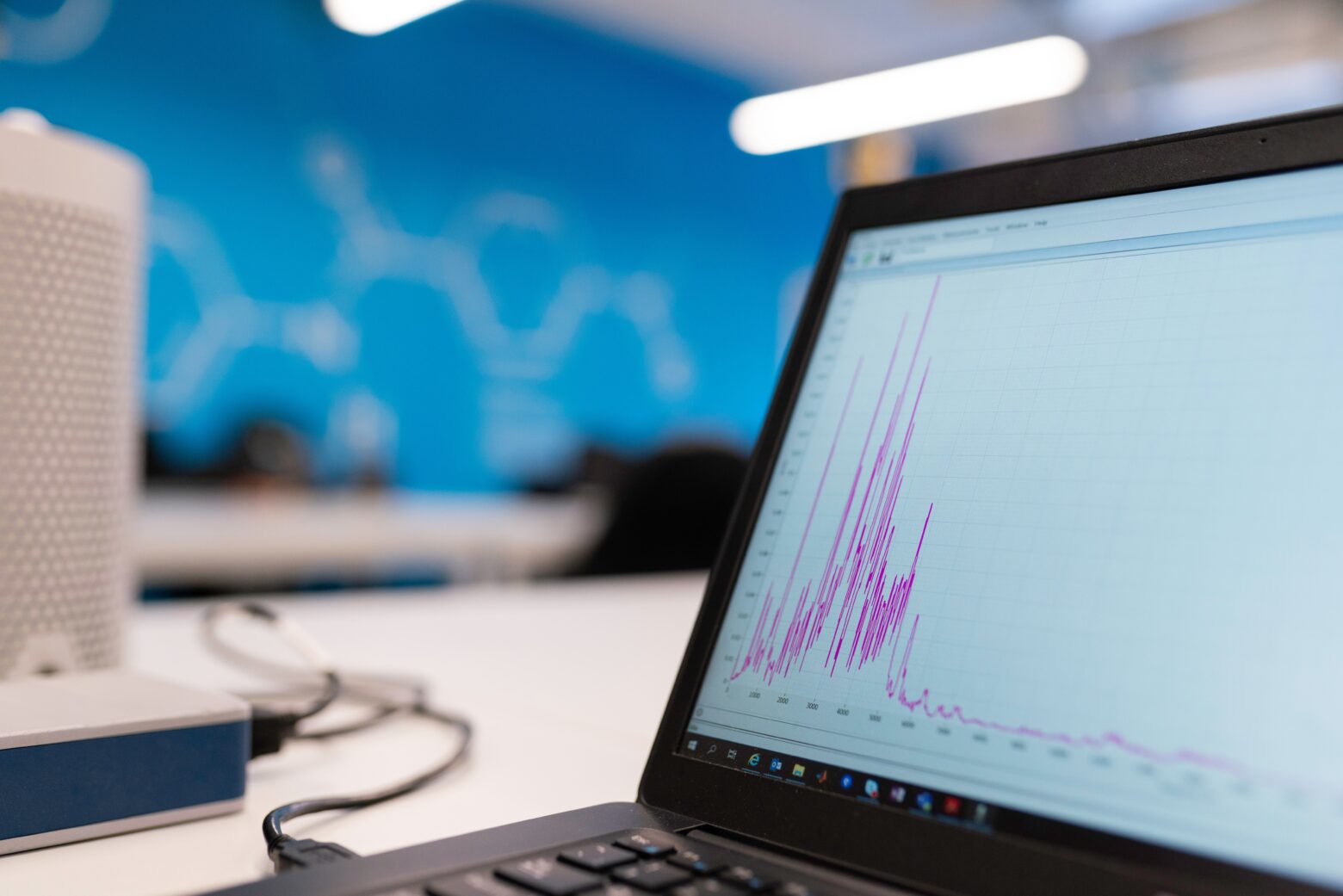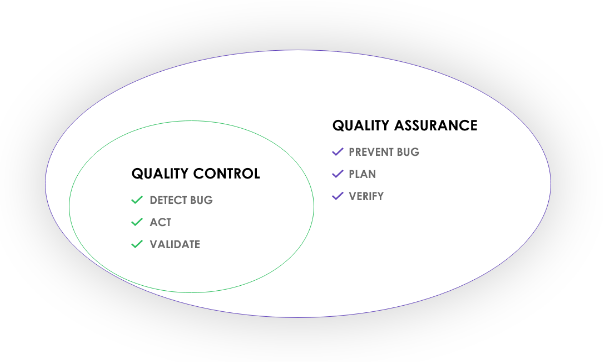What is QA in Software Development?

Gen AI QA Director

Rapidly increasing strides in today’s modern technology has resulted in the need for organizations to constantly monitor the quality of their services in order to provide products that meet user expectations. The stability of the system, the clarity and convenience of the interface, the absence of errors in the services provided, and the speed of work have become crucial factors in the face of ever-growing competition. Even if a product offers excellent service to the end user, if it does not function optimally, it can be considered a failure. A customer’s initial interaction with the service can significantly impact a company’s future revenue. If a user visits an application but cannot obtain what they need, they are unlikely to return and the company risks losing the customer permanently. Therefore, Quality Assurance (QA) is one of the critical software development processes that ensure efficient operation and business success.
What is QA?
There is a common conception that QA refers solely to software testing, but this is not the case. Quality Assurance is a methodology that encompasses a range of measures designed to ensure and guarantee the high quality of a product that meets the expectations of end users, which includes software testing. QA is not a separate stage of software development, but rather a set of services that are carried out throughout the entire software development process.
The effective implementation of the QA process is what enables tech giants like Google, Apple, Amazon, and Netflix to deliver high-quality, popular services worldwide.
In software development, QA can be divided into several components:
- Proactive Team Processes are implemented to prevent errors in both the product and the software development process. This involves implementing measures to identify and address potential issues before they occur.
- Quality Control processes (QC) are put in place to measure software quality metrics prior to delivering the product to end users. These processes ensure that the product meets the required quality standards and that the end-user has a positive experience.

Proactive quality assurance processes for a product include all team activities associated with improving the quality of the development process, which in turn improves the quality of the final product.
QA includes:
- Conducting static code and documentation analysis
- Implementing regular processes for analyzing the effectiveness and quality of the development and testing processes (for example, holding Retrospective Meetings in Agile methodology)
- Incorporating risk management at every stage of software development
- Adopting a Risk-Based approach when planning application testing
- Choosing the appropriate methodology and approach for Quality Control
- Defining criteria for evaluating the quality of the program
To introduce QA into the development process, we use an effective approach to utilize the classic PDCA (Plan Do Check Act) cycle. This enables regular monitoring and improvement of the quality of products and services.
What role does Quality Control (or software testing) play in the QA process?
The answer is simple. Any type of testing used by a tester on their project aims to answer one central question: how well does the product meet the stated quality criteria? In other words, when functionally testing your application, you may have different criteria for assessing its quality. For some, the absence of critical and blocking defects when implementing a new version of the application may be sufficient, while others may strive to identify and fix all possible defects in the program. Often, the criteria for assessing quality can vary and is determined based on the goals of the product and the company.
According to ISO 9126, the following quality criteria exist:
- Functionality: The degree to which the software meets the specified requirements and performs its intended functions. In the developed application, all functions have been implemented in accordance with the requirements. The implementation of requirements can be evaluated not only based on the accuracy and correctness of the implementation, but also in terms of compatibility, security, and compliance with various regulatory requirements.
- Reliability: The ability of the software to perform its functions without failure under specified conditions for a specified period of time in terms of Performance, Fault Tolerance, and Recoverability.
- Usability: The ease with which users can learn and use the software, as well as their satisfaction with its interface and overall performance.
- Efficiency: The degree to which the software uses resources (such as memory, processing power, time behavior, and resource utilization) to perform its functions efficiently.
- Maintainability: The ease with which the software can be modified, updated, and repaired over its lifetime. Maintainability includes the following features:
- Analyzability
- Changeability
- Stability
- Testability
- Portability: The ease with which the software can be transferred from one environment to another, such as from one operating system to another.
Quality control (QC) of specific criteria requires the use of specialized testing methods to determine how your system meets the specified requirements for the product itself. Understanding and evaluating each quality criterion through testing enables companies to prevent situations where users encounter problems and leave, with no solution in sight. As a software company, we anticipate potential quality-related issues in advance to avoid such scenarios and provide users with high-quality, fast, and secure service at all times. If you need the expertise to build a QA process and maintain a high level of quality in your application, First Line Software is ready to be your provider in the world of testing.
Our company has extensive expertise in QA Services and developing an effective QA process with various types of testing for quality control (QC). It’s good practice to prioritize quality and ensure it advances, rather than lose customers and money while scrambling for an emergency solution!
